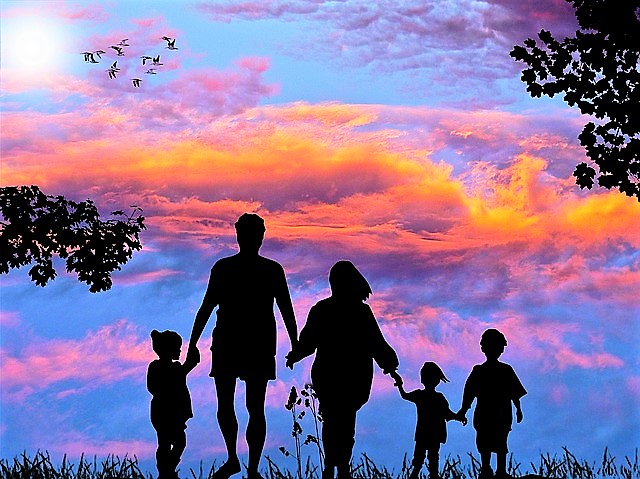
HELPING YOUR GRIEVING CHILD
The death of a loved one, especially a parent, is a traumatic experience.
It will cause a child to question the safety of his/her world:
Who will take care of me?
Am I going to get sick and die, too?
Did my loved one die because of me?
There are many ways to help your child grieve and cope with the loss of a loved one, especially someone with whom s/he had a close relationship, such as a parent, sibling and/or grandparent.
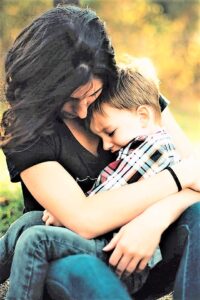
YOUR THREE MAIN OBJECTIVES
One of the best ways to help your child grieve is to listen to stories s/he wants to share about the loved one who has passed. You, as well as your child, need three important elements to your environment that will promote healing:
Consistent routines at home, at school, and during community activities, such as scheduled extra-curricular classes, athletic events, etc. Let teachers and coaches know what has happened so they can provide additional support for your child.
Take time for plenty of hugs and careful listening. Make sure to have discussions with your child regarding overwhelming emotions, fears, and anxiety about his/her grieving process. Reassure your child s/he is not to blame and respect how s/he is coping with the situation. Just quietly keeping each other company can be comforting, too.
Encourage opportunities for maintaining connections to the loved one who has passed. Make sure your child has been given adequate information surrounding the death, using simple, clear language.Talk about the sequence of events your family practices following the death of a loved one. S/he may want to participate and contribute in some way, such as collecting photos, reading a favorite poem, etc.
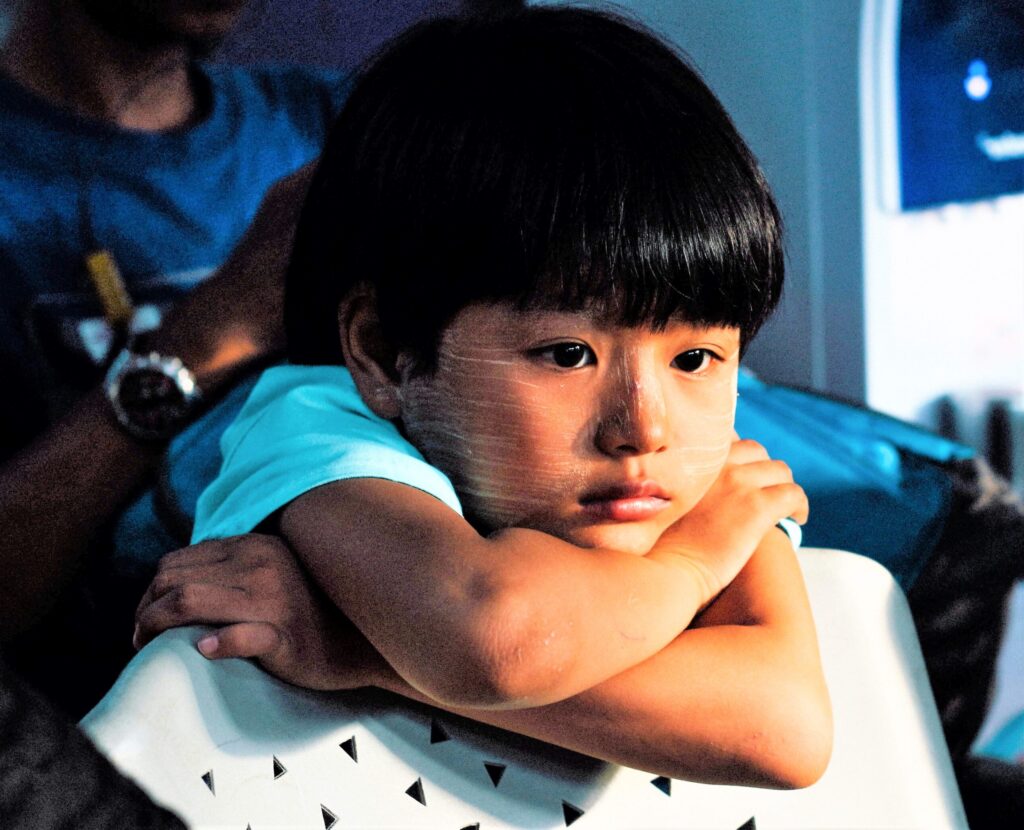

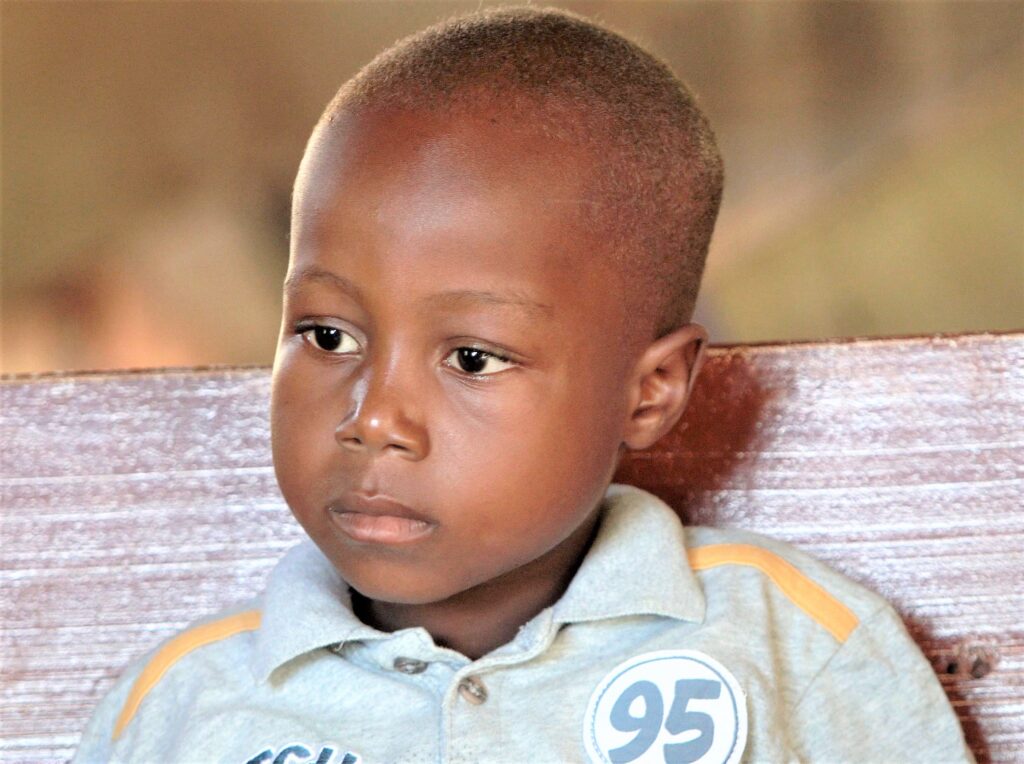
HEALING WITH MEMORIES
You can help your child express his/her grief in a number of healing ways. Here are a few suggestions:
Encourage your child to speak about his/her loved one using his/her name, drawing pictures of them together, and/or writing stories about the time they spent together.
Make a Memory Box together to include special objects; a Memory Book listing his/her favorite foods, activities, places, celebrations, etc.; and his/her favorite music.
Create a special photo album and/or scrapbook.
Keep a Memory Journal.
Celebrate his/her with Remembrance activities.
Encouraging your child to remember a loved one who has passed with special activities you can share together will provide many positive opportunities for coping with his/her grief and support the healing process.
However, if you notice some serious changes in your child’s moods and behaviors, these are warning signs that s/he is struggling with the loss and may need some additional help.

WARNING SIGNS
FROM
YOUR GRIEVING CHILD
All children, like their adult counterparts, grieve in their own way. Some children are reluctant to share their grief because they are afraid of bringing additional sadness to the situation.
Some children, in addition to fear, may feel angry and/or guilty. Each person had his/her own way of dealing with the loss of a loved one.
Still, if you feel your child continues to struggle over an extended period of time, you may want to seek some outside, professional intervention.
Depending on the age of your child, there are people who have special training in Grief Counseling for very young children as well as preteens and adolescents. A Family Therapist may be a helpful option for you and yours.
I have created a small guide for you:

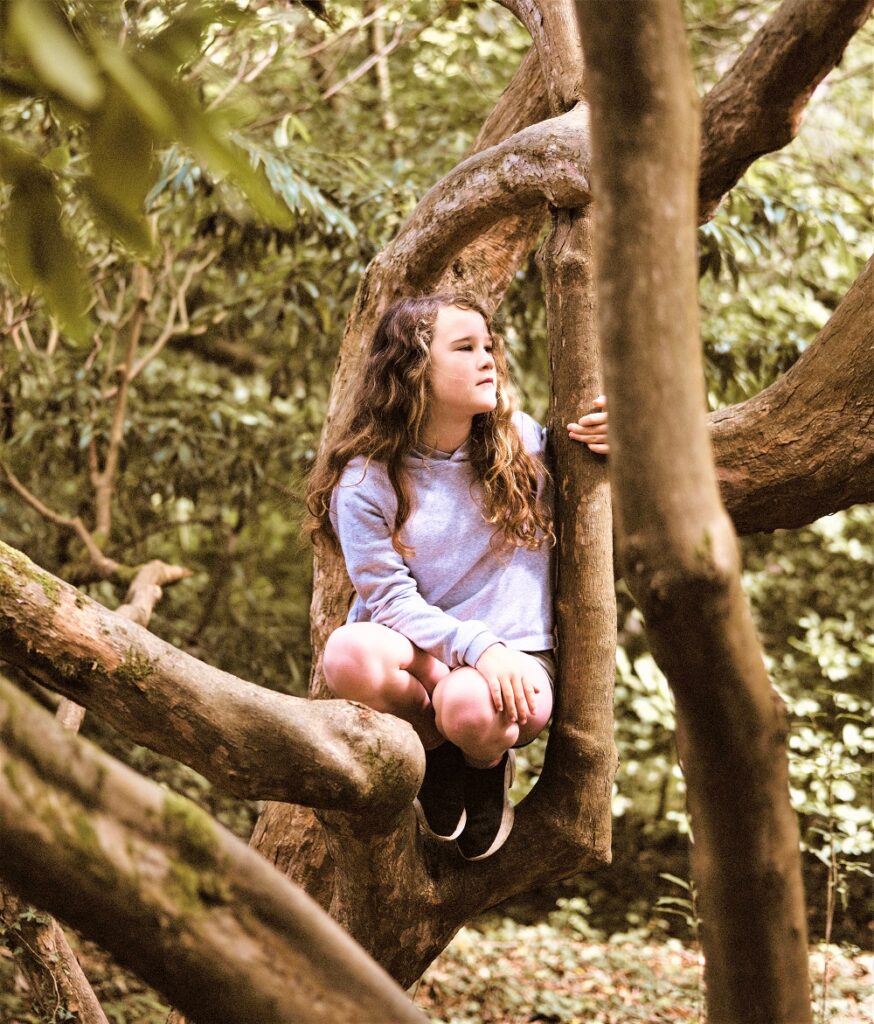
A FEW MORE THOUGHTS
You’ll want your grieving child to put his/her thoughts into words, but try not to dwell on sad feelings. After a few minutes of listening and talking, introduce a happier topic and/or engage in a fun activity together like cooking, playing a game, reading a funny book, watching a entertaining video, going for a nature walk, create some art, etc.
Make a few suggestions for him/her to opt in for a change of “scenery”.
Holidays and other celebrations can be especially difficult during the first few years after the loss of a loved one. Provide a safe listening space at those events.
Here are a few links for added support:
https://kidshealth.org/en/parents/death.html
https://childmind.org/article/helping-children-deal-grief/
https://www.parentingforbrain.com/?s=how+to+help+a+grieving+child
I have, also, compiled a short list of children’s books that deal with death and grief.
Here’s the link:
I hope you found this post helpful in some way.
If you have any questions, comments and/or concerns, you can email me by clicking on the Contact Me link on this website’s Navigation Bar.
IMAGE CREDITS: Bykst, Jordan Whitt, Chinh Le Duc, Thomas Kinto, Zach Vessels, Joseph Gonzalez, Marllon Christhian Barbosa, and Annie Spratt
My next post: FEETSPEAK’S Story Sequence Activity
COPYRIGHT2021EASHIELDS
